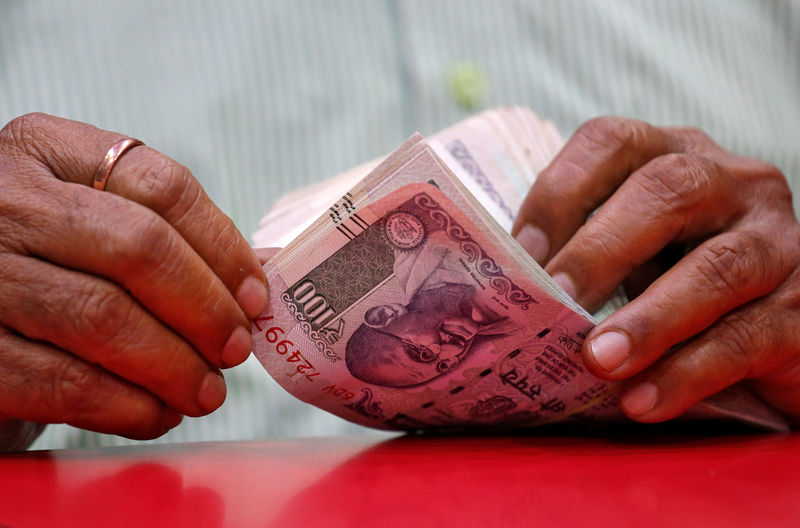
MUMBAI (Reuters) – India could look at cutting gross borrowing later in the financial year if inflows into national small saving schemes (NSSF) are high, Economic Affairs Secretary Ajay Seth told Reuters on Wednesday.
NSSF consists of public investments in schemes like postal deposits, savings certificates, public provident fund and senior citizens’ savings scheme, among others.
The federal government has increased its reliance on borrowing from NSSF over the last few years to meet its funding requirements.
In the federal budget announcement on Tuesday, the government reduced gross borrowing by 120 billion rupees ($1.43 billion) to 14.01 trillion rupees for the fiscal year, and cut the fiscal deficit target by 20 basis points to 4.9%.
Market participants were expecting the borrowing to be reduced by around 500 billion rupees, after a larger-than-expected surplus transfer from the Reserve Bank of India.
However, the government decided to cut borrowing via shorter-dated treasury bills instead of government bonds.
India is aiming at NSSF collections of 4.20 trillion rupees for the ongoing financial year, down from 4.67 trillion rupees in the interim budget.
($1 = 83.7014 Indian rupees)
To read the full article, Click Here

